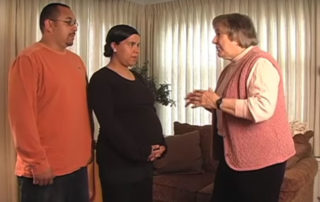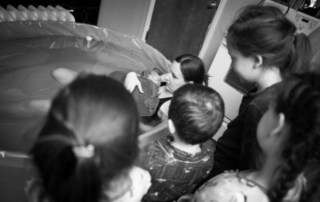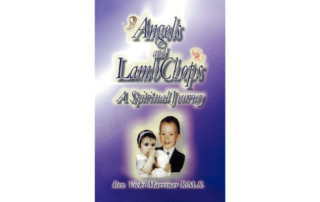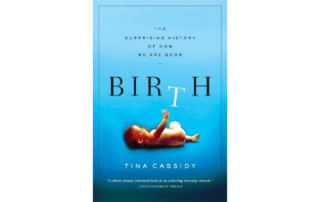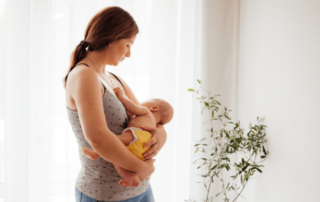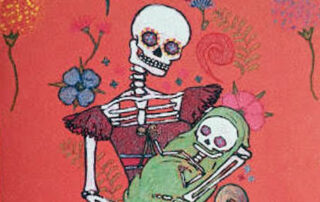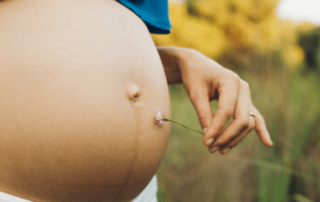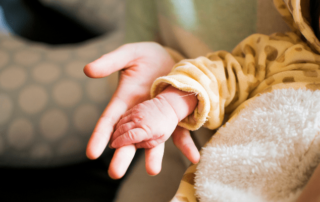Birth Articles
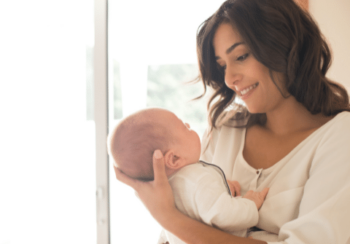 This birth articles section of our website aims to offer you food for thought on a broad range of issues related to birth. You may be deciding who will be present at your baby’s birth. Perhaps you are exploring the concept of natural birth. Or maybe you are wondering just how you will know when it is time to go to the hospital. Whatever questions you have; this section is for you.
This birth articles section of our website aims to offer you food for thought on a broad range of issues related to birth. You may be deciding who will be present at your baby’s birth. Perhaps you are exploring the concept of natural birth. Or maybe you are wondering just how you will know when it is time to go to the hospital. Whatever questions you have; this section is for you.
We also offer the thoughts of experts on the value and place of natural birth. We look at the ways in which invention interferes with the delicate balance between mother and baby. As well as this you can find out what you can do to help ensure your rights and opinions are respected. No matter whether this is your first or fifth pregnancy (or more) you are sure to find articles here that meet your interest. Enjoy!
Read our Birth Articles
Help! How will I know when it’s time to go to hospital?
It’s a stormy night and a sleek Jaguar creeps along the road, avoiding the carnage with breathtaking precision. A beautiful young actress clad in a shimmering evening gown turns to her angular-jawed partner and gasps ‘It’s coming!’ Moments later, following two or three tumultuous contractions, several commercial breaks and plot deviations, she gives birth to a suspiciously calm and mature baby in an unbelievably clean and easy manner. And so begins our rather misleading education
Active birth Slow dancing
Active birth slow dancing is a way to work with birth physiology. Indeed, in labour a woman is encouraged to move and change her position freely. Using upright positions harnesses gravity to help with the progress of labour. Movement also helps with baby's position and a woman's comfort in labour. This video clip by Penny Simkin demonstrates slow dancing as an active birth technique. Couples can use "slow dancing" during labour to help labour progress, decrease discomfort and assist
Shark Bite or Shark Caesarean: What’s the Difference?
Every day I get emailed news alerts from around the world on a variety of subjects, such as birth; midwives; obstetricians; caesarean and VBAC. As the Australian College of Midwives National Media Spokesperson, I want to be ready for any potential political ripple in the waters of childbirth. I want to jump on the latest piece of research and be prepared when bad news stories hit. To be forewarned as they say is to be forearmed. An alert came
Children at birth
Seeing birth through children’s eyes has provided me with some of my fondest moments as a midwife. The wide eyes, the open mouths, the way their little tummies tense in time with their mothers contractions and best of all snuggling into bed together with mum and the new baby. Priceless comments like ‘put it back,’ ‘don’t touch it its mine,’ ‘do it again mum,’ ‘look Daddy, I found it’ and of course, ‘how did it get in there?’ are
The ideal birth support person: everything you always wanted to know
Most people have one, sometimes it’s the father of the baby, sometimes it’s the mother of the mother, other times the relationship is unexpected, such as an ex-partner, a brother, a mother-in-law or even a friendly sperm donor! Whoever it is that you choose for your support person, know this; they can make a huge difference to what happens during your labour and birth. Jodie’s story Jodie is what you would call ‘experienced’ when it comes to birth. Currently
Angels and Lamb Chops
In this moving and thought-provoking book Rev. Vicki Marriner recounts the events that led to the premature birth of her twin girls, the loss of one and her life afterwards. Taking us on the journey that led her to enlightenment, Rev. Vicki explores the questions that plague the minds of most parents who have lost a child. Will I see my baby again? Do they know I loved them? How can I go on? How can I ever be
Birth: The surprising history of how we are born – by Tina Cassidy
Tina Cassidy, a former Boston Globe reporter and editor, has taken a refreshingly new approach to an old and much-written story – the history of childbirth. From pre-history to modern-day times, this book is an amazing read. Tina Cassidy combines sociology, anthropology, archeology, evolution and history together in a delightfully informative concoction. Cassidy became interested in the topic of childbirth after discovering that three generations of women in her family had very different expectations about what childbirth should be
Call the Midwife by Jennifer Worth
By Hannah Dahlen Book Review On a cold wet day on the Isle of Skye in 2008, I picked up the book, Call the Midwife. A woman browsing the shelves nearby, saw it in my hands and said, “oh no! Not that book.” She proceeded to tell me how her sister-in-law did not talk to her family for an entire week. This happened while reading Call the midwife, as she found it so gripping. With a title like Call
Birth Photography: Capturing and Preserving Your Unique Birth Story
For months you’ve felt her inside you. Hiccups that made you smile, kicks that made you wince, somersaults that took your breath away … but every movement bringing her closer to your heart. Soon she will be in your arms and your heart will be hers forever. The day you welcome your baby into the world is the most important day of her life … and one that will change you forever. This is what birth photography is all
Bashi Hazard Champions the Rights of Women in an Open Letter to RANZCOG
While hospitals make claim to state-of-the-art facilities and the highest standards of patient care, many women leave these same facilities feeling broken and violated, the victims of birth trauma. While a relatively new term, rejected by many in the medical community, birth trauma has been linked to postnatal depression, anxiety, and feeding and bonding issues. Bashi Hazard, like many Australian women, has experienced firsthand the effects of birth trauma and the pressure that can be placed upon labouring women
Doulas – are they for you?
Giving birth is about a lot more than having a baby — it's about making mothers and growing families. The right support people can help enormously in making sure that the ingredients are there for a wonderful start to life. Some women are turning to doulas for this support. What is a doula? Doulas are women trained in giving other women professional birth support — they essentially mother the mother. These women have reawakened the ancient tradition of having
Top 12 Fears in Labour
If you were to ask a woman who is scared about giving birth why she feels that way, she’d probably tell you that she is simply worried things will go wrong and birth will be an unpleasant event and pain. This is despite the very high standards of care we have access to and the wealth and health of our country, being amongst the highest in the world. Perhaps it’s a reflection of the lack of support and exposure
Common Questions Women Ask About Employing a Midwife
Midwives are the specialists in normal childbirth. Ninety per cent of women are able to birth without intervention, therefore I find very little if any intervention is required at home. Do I still need to book into a hospital? I generally advise that you book into a hospital of your choice. Private midwives usually have a discussion (lots of discussions as you can see), about what each hospital in your area has to offer, and where you'd like to
Playing the Dead Baby Card
The lengths to which a woman will go to protect an unborn child have been well documented by the media over the years. In 2000, having experienced the death of her last child during birth, Inés Ramírez Pérez, a peasant living in rural Mexico and far from medical assistance, performed a successful Caesarean section on herself in order to save her baby. During the attack on the World Trade Centre in 2001, approximately 1,700 pregnant women fled the scene,
What are your Chances of Having a Natural Birth?
What the NSW Mothers and Babies Report 2010 is really telling us... For fourteen years NSW Health has been producing the New South Wales Mothers and Babies Report. The goal of this report is to provide information on recent trends in the health of mothers and babies in NSW, maternity services provided by hospitals, the health of Aboriginal mothers and babies, the health of mothers born overseas and their babies, and congenital conditions in babies. The report draws on
Risky Research
The headlines told a dramatic story. “Public hospital births double risk for mother and baby, says report,” said the Age. “Babies die less often in private hospitals,” said the Australian. “Private hospital births safer than the public: study,” reported ABC News Online. The study they were referring to, was carried out by Associate Professor Stephen Robson and his colleagues. Published in the Medical Journal of Australia in mid-February. Using Australian national data for 789,240 full-term births from 2001 to


